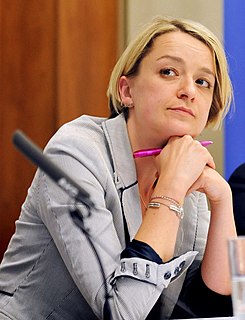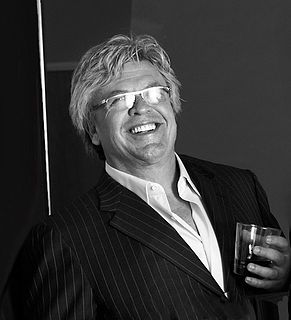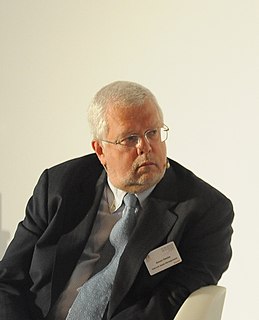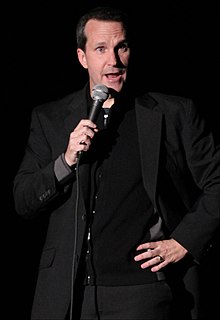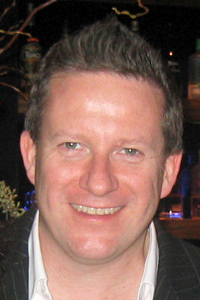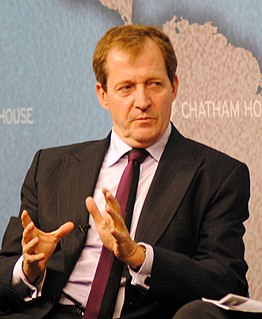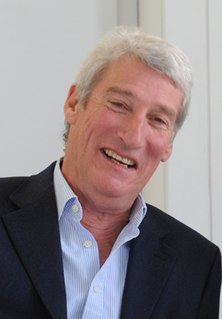A Quote by Laura Kuenssberg
I would die in a ditch for the impartiality of the BBC.
Quote Topics
Related Quotes
I never met David Kelly, but I knew from what he told other people that this was not his view. The BBC were saying that Tony Blair was making up lies so that he could send young men and women to war, maybe to die. I think that if the BBC had done their jobs professionally, they'd have realised that you couldn't justify what they said. And nothing has emerged since to justify that report.
Many journalists become very defensive when you suggest to them that they are anything but impartial and objective. The problem with those words "impartiality" and "objectivity" is that they have lost their dictionary meaning. They've been taken over. "Impartiality" and "objectivity" now mean the establishment point of view.
I have neither the learning nor the experience to know whether the doomsayers are right about the human causes of climate change. But I am willing to acknowledge that people who know a lot more than I do may be right when they claim that it is the consequence of our own behaviour. I assume that this is why the BBC's coverage of the issue abandoned the pretence of impartiality long ago.
